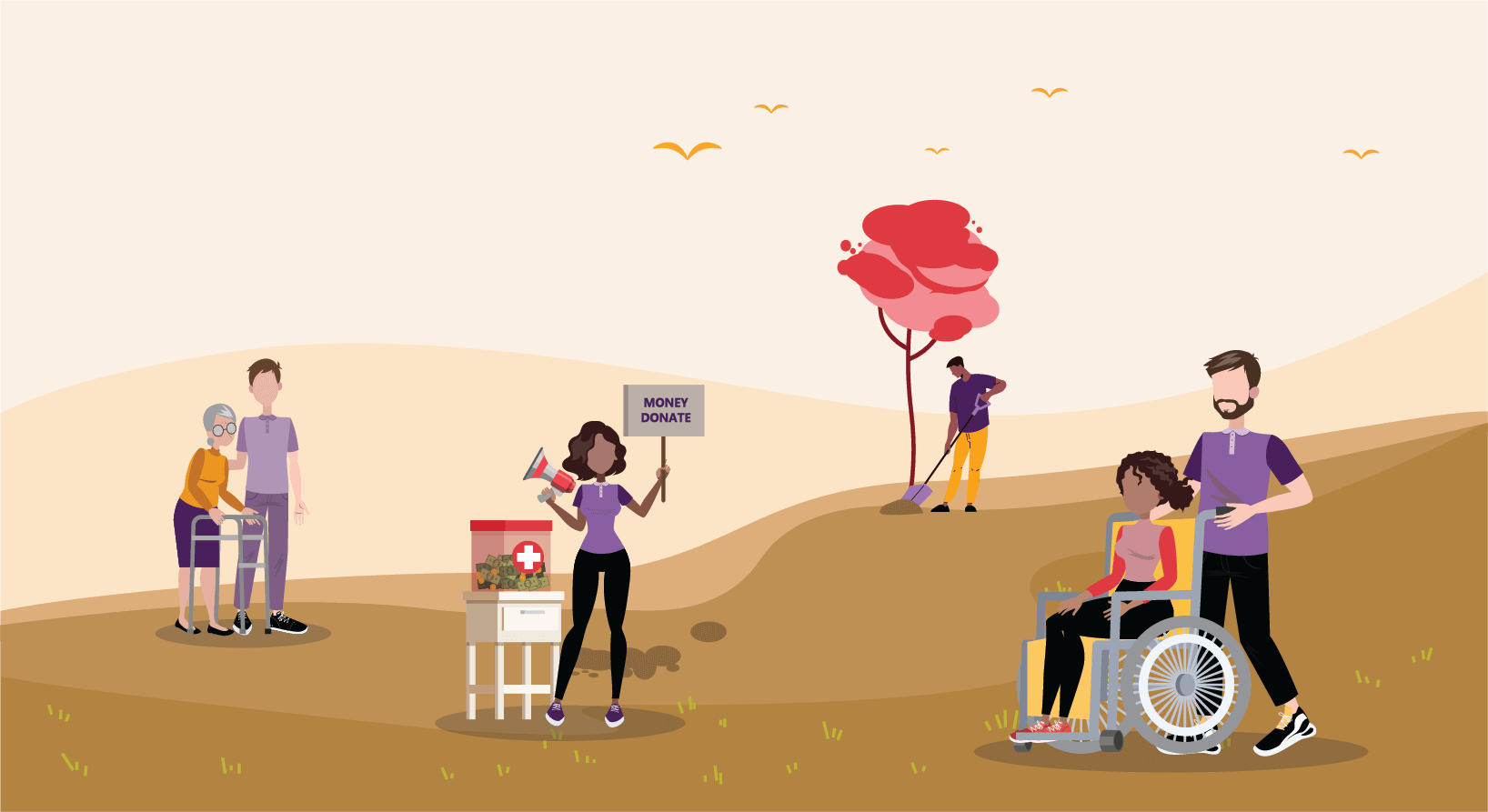How Much Goodness Towards Others Is Good?
hive-153850·@karishmasingh711·
2.610 HBDHow Much Goodness Towards Others Is Good?
**Hey Everyone!!** Doing good for others is often seen as one of the noblest traits a person can have. From helping a stranger on the road to being there for a friend in need, acts of kindness make the world a better place. But in this ever-changing world, where kindness is often misunderstood or even taken for granted, the question arises — how much goodness towards others is *enough*, and when does it start harming you instead of helping?  <a href="https://images.app.goo.gl/rLJ5nNt7QgPYQkov6">Source</a> Being good is not just about helping people; it’s about doing so with pure intentions and healthy boundaries. Goodness is a natural part of humanity, and when done mindfully, it can build deep, meaningful relationships and create a sense of purpose. However, many people confuse selflessness with self-neglect. When you begin to prioritize others at the cost of your own well-being, your kindness stops being a gift and becomes a burden. It is not uncommon to see genuinely kind-hearted people being misused or undervalued. The more good they do, the more is expected from them — and often without gratitude. Some people begin to assume that your help is not a choice, but a duty. And once you draw a line, those same people may turn distant, disappointed, or even resentful. This is where the real challenge lies: balancing kindness with self-respect. Goodness should come with awareness. Are you helping because you truly want to, or because you're afraid of being disliked or judged? Are you giving your time and energy freely, or is it draining you emotionally? These questions are important because they draw the line between healthy kindness and people-pleasing behavior. Another aspect to consider is the difference between helping and enabling. Helping is empowering someone to get better, stronger, or more independent. But if your goodness is making others overly dependent on you or stopping them from taking responsibility for their own life, then that goodness may not be helping them at all. Also, being good doesn't always mean saying "yes." Sometimes, the kindest thing you can do is say "no" — especially when saying yes would hurt you, or allow someone else to continue harmful behavior. True goodness includes honesty, setting limits, and knowing when to step back. Kindness does not mean ignoring your own needs, values, or peace of mind. So, how much goodness is good? The answer lies in balance. Be kind, be generous, but also be wise. Let your kindness reflect strength, not weakness. Give, but don’t allow yourself to be emptied. Support others, but never at the cost of your own dignity and health. In the end, goodness is a beautiful quality, but like anything else, it must be nurtured with care. It should uplift you while uplifting others. When your goodness comes from a place of love, strength, and self-awareness, it becomes powerful — not just for the world, but for your own soul.  <center> <h5>TᕼᗩᑎK YOᑌ😊 <br> ꜰᴏʀ ᴛᴀᴋɪɴɢ ᴛʜᴇ ᴛɪᴍᴇ ᴛᴏ ʀᴇᴀᴅ ᴍʏ ʙʟᴏɢꜱ! <br> ʜᴀᴠᴇ ᴀ ᴡᴏɴᴅᴇʀꜰᴜʟ ᴅᴀʏ🌞 </h5> </center> https://cdn.steemitimages.com/DQmX9p7HtL89PYQgV8sCJC3qpGdwQ829Gy437tbqWro59Kq/karishmasingh711.gif
👍 sarkash7011, gidlark, kenny-crane, bagholders, alesya-h9, scripsio, pcste, anotherjoe, okean123, siriusgaia, joeyarnoldvn, kiokizz, escapeamericanow, fortinbuff, kiobot, russiandownload, splinterstats, pepegame, yousafharoonkhan, garagebill, tiamaria, pixiehunter, moondancer762, victorialegend, mollybunny, sbi3, sbi-tokens, vasilstefanov, indiaunited, codingdefined, splash-of-angs63, lifecruiser, sankysanket18, vishire, shonyishere, frames, bala41288, rainbowbala, ragavee, indiaunited-bot, karishmasingh711, badfinger, bozz.sports, sidjay, dikshabihani, vandanabhatt, yogeshbhatt, muterra, disha30, gamerzaza, deimage, pinkchic, imacryptogeek, abhay2695, ranjith98, taushifahamed, flourishandflora, bbypanda4, jatinhota, inuke, bobinson, raqibul, moisesjohan, kanibot, ashokcan143, silenteyes, sagarkothari88, balaz, balvinder294, bsameep,